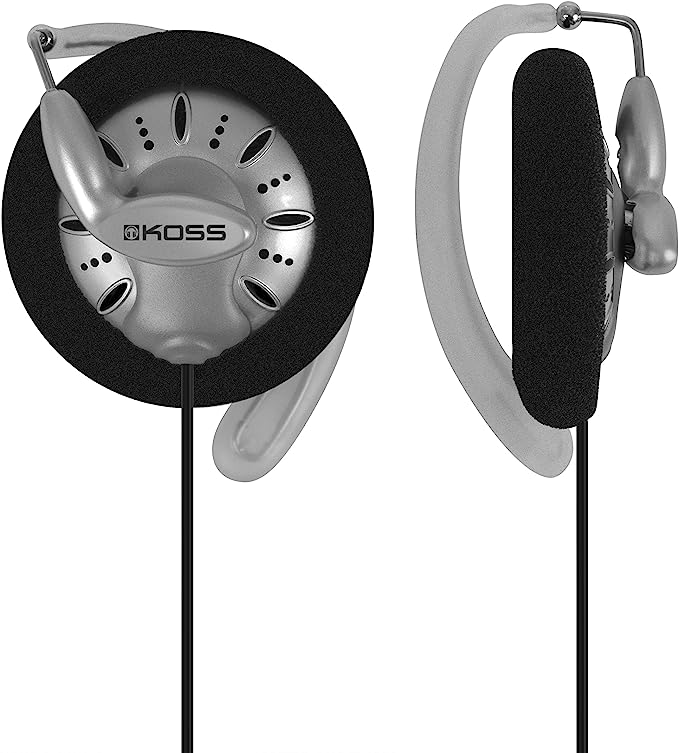Beyond the Label: Decoding the Economics of Ethical Coffee
Update on Oct. 9, 2025, 5:35 p.m.
In the modern marketplace, a bag of coffee is rarely just a bag of coffee. It is a ballot, a statement of personal values cast in a global election of economic and ethical principles. When a company like Stumptown Coffee Roasters puts “USDA Organic” and “B Corp Certified” on its packaging, it’s doing more than listing features; it’s signaling its allegiance to a different, more demanding way of doing business. This is not a story about coffee flavor, but about the financial and ethical architecture behind that coffee—an architecture that is challenging the very definition of a “good” company.

The Foundation: Fair Trade’s Safety Net vs. Direct Trade’s Ladder
For decades, the primary language of ethical consumerism in coffee has been “Fair Trade.” At its core, the Fair Trade model establishes a minimum price floor for coffee, protecting farmers from catastrophic drops in the volatile commodity market (the “C-price”). It’s a crucial safety net, primarily designed to support large cooperatives of smallholder farmers by guaranteeing a baseline income and providing community development premiums.
However, pioneers in the Third Wave coffee movement, including Stumptown, identified a limitation: a price floor, while vital, doesn’t inherently incentivize exceptional quality. This realization led to the development of “Direct Trade.” This is not a formal third-party certification but a sourcing philosophy built on a set of publicly declared principles:
- Pay for Quality: Prices are not tied to the low C-price but are set in direct negotiation based on the assessed quality (or “cup score”) of the coffee. This often results in roasters paying prices that are double, triple, or even more than the Fair Trade minimum.
- Build Relationships: Roasters cultivate long-term, personal relationships with specific farmers, estates, or mills, fostering mutual trust, transparent communication, and collaborative knowledge sharing.
- Ensure Traceability: The model demands a clear line of sight from the roaster back to the specific farm or community where the coffee was grown, ensuring accountability.
If Fair Trade provides a broad safety net, Direct Trade offers a ladder. It rewards excellence and fosters a true business partnership, shifting the dynamic from aid to collaborative enterprise.
While Direct Trade revolutionized how a company sources its core product, a fundamental question remained: what about the rest of the company? Its packaging, its employee wages, its carbon footprint? A sourcing philosophy alone wasn’t enough. This called for a new, holistic framework for corporate responsibility: the B Corporation.
The Game Changer: The B Corp Certification
If Direct Trade is a company’s ethical foreign policy, then B Corp certification is its legally binding domestic constitution. Certified B Corporations are businesses that meet the highest standards of verified social and environmental performance, public transparency, and legal accountability to balance profit and purpose.
Crucially, becoming a B Corp is not about a single product being “organic” or “ethically sourced.” It is a rigorous, top-to-bottom audit of the entire company’s impact on all its stakeholders—workers, community, customers, and the environment. To become certified, a company must score a minimum of 80 points on the B Impact Assessment and legally amend its governing documents to require consideration of all stakeholders. Companies must also undergo a stringent recertification process every three years, forcing continuous improvement. Stumptown’s score, for example, improved from an initial 80 in 2018 to 89.7 in 2021, demonstrating this commitment.
The Synthesis: An Ethical Business Model Matrix
A B Corp certification provides the corporate skeleton of accountability, while a philosophy like Direct Trade provides the lifeblood of its supply chain. They operate at different levels but are profoundly complementary. The following matrix clarifies their distinct roles.
| Metric | Fair Trade Certification | Direct Trade (Sourcing Philosophy) | B Corp Certification |
|---|---|---|---|
| Primary Goal | Provide a price safety net and support community development for small farmers. | Incentivize and reward the highest quality coffee through partnership. | Ensure the entire company legally balances profit with positive impact on all stakeholders. |
| Pricing | A guaranteed minimum price + a community premium. | Negotiated directly based on quality, typically far exceeding market and Fair Trade prices. | No direct price-setting for products; focuses on fair wages and equitable value distribution. |
| Scope of Impact | Certified product (e.g., the coffee itself). | The specific coffee being sourced. | The entire company (operations, governance, employee benefits, environmental footprint). |
| Key Benefit | Broad accessibility and protection against market volatility for large groups of farmers. | Highest potential for farmer income and quality improvement; strong roaster-farmer relationship. | Holistic, legally-binding accountability; high degree of consumer trust in the whole brand. |
| Main Limitation | May not sufficiently reward exceptional quality; less direct roaster-farmer connection. | Not a third-party certification; relies on the roaster’s own transparency and integrity. | Complex and rigorous process; may not be feasible for all business sizes or structures. |

Conclusion: Voting with Your Dollar, Backed by Data
The emergence of comprehensive models like the B Corp/Direct Trade combination marks a maturation of ethical consumerism. We are moving beyond single-issue labels towards a demand for holistic corporate accountability. It empowers consumers to look “beyond the label” and choose brands based on a complete, verified picture of their impact.
Choosing a coffee from a B Corp that practices Direct Trade, then, becomes more than a preference for certain tasting notes. It’s a vote for a system where quality is rewarded, relationships are valued, and the entire business—not just one part of it—is held to a higher, legally enforceable standard. It’s the new benchmark for what it means to be a truly good company in the 21st century.









